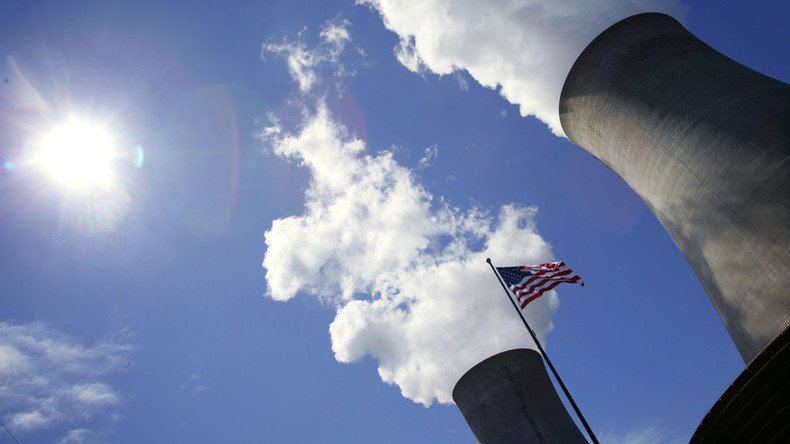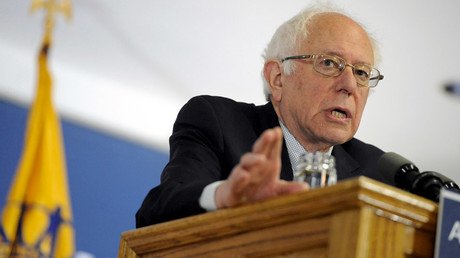House committee holds hearing on modernizing US nuclear infrastructure

The House Energy and Commerce Subcommittee held a hearing on a bill intended to streamline nuclear power regulatory rules, in order to allow safer and more efficient next-generation reactors to replace those being decommissioned.
The Advanced Nuclear Technology Development Act of 2016 (HR 4979), introduced by Representative Bob Latta (R-Ohio), was discussed during a Friday hearing of the House Energy and Commerce Subcommittee to reduce regulatory hurdles for building advanced reactors. “Advanced” being defined as having significant improvements over contemporary nuclear reactor, such as better “inherent safety features, lower waste yields, greater fuel utilization, superior reliability, resistance to proliferation, and increased thermal efficiency.”
Currently, the Nuclear Regulatory Commission (NRC) demands a complete and final design from potential nuclear developers. This, combined with expensive reviews that developers pay out of pocket, can deter potential startups with a multimillion dollar price tag with no assurance of ever being allowed to operate. The bipartisan panel’s tenor was that this needs to change.
“The future of the nuclear industry needs to start now, and the Nuclear Regulatory Commission needs to be able to provide the certainty the provide sector needs to invest in innovative technologies.” Goodlatte said at the hearing. “As the United States looks to the future, more energy will be needed, and Nuclear power provides reliable, clean baseload power option.
“Investment in new technology is already happening, with approximately 50 companies in this country working to develop the next generation of nuclear power. It’s time to insure that the NRC provides a framework so that innovators and investors can prepare to apply to licensing technologies.”
Florida company running nuclear power plant called to explain water contamination [VIDEO] @anyaparampil@portnayanychttps://t.co/Y9tslCBD0P
— RT America (@RT_America) April 29, 2016
In order to create a conducive environment for investment in next-generation plants, HR 4979 would require the NRC to implement a new framework to streamline nuclear plant licensing, making it more efficient and cost-effective to investors by 2019. The commission would have to submit to an implementation plan for such a framework within 180 days of the enactment of the law.
The US’s 99 operational nuclear energy plants provide nearly 20 percent of the country’s power, but approximately 126,000 megawatts of nuclear power generation is set to be retired over the next 15 years. At the same time, the US Energy Information Administration forecasts a need for 287,000 megawatts of new electric capacity by 2040 – on top of replacing the electric capacity that is needed to replace the retired power plants.
This reality, combined with the fact that nuclear power produces no greenhouse gasses, has led to environmentally-conscious lawmakers on the committee making common cause with their innovation-minded colleagues worried about falling behind international competitors.
“Our nation will, by necessity, diminish its dependence on fossil fuels in order to fight climate change. And as we do so, we will need to turn more and more to nuclear power,” said Representative Jerry McNerney (D-Illinois), who co-signed the bill.
The hearing comes at a time of renewed anxiety about aging nuclear power infrastructure. Earlier this month, a Manhattan Project-era nuclear storage facility in Washington state had up to 3,500 gallons of waste leaking out. However, the Washington Department of Ecology said that there was no risk to the environment or nearby residents.













